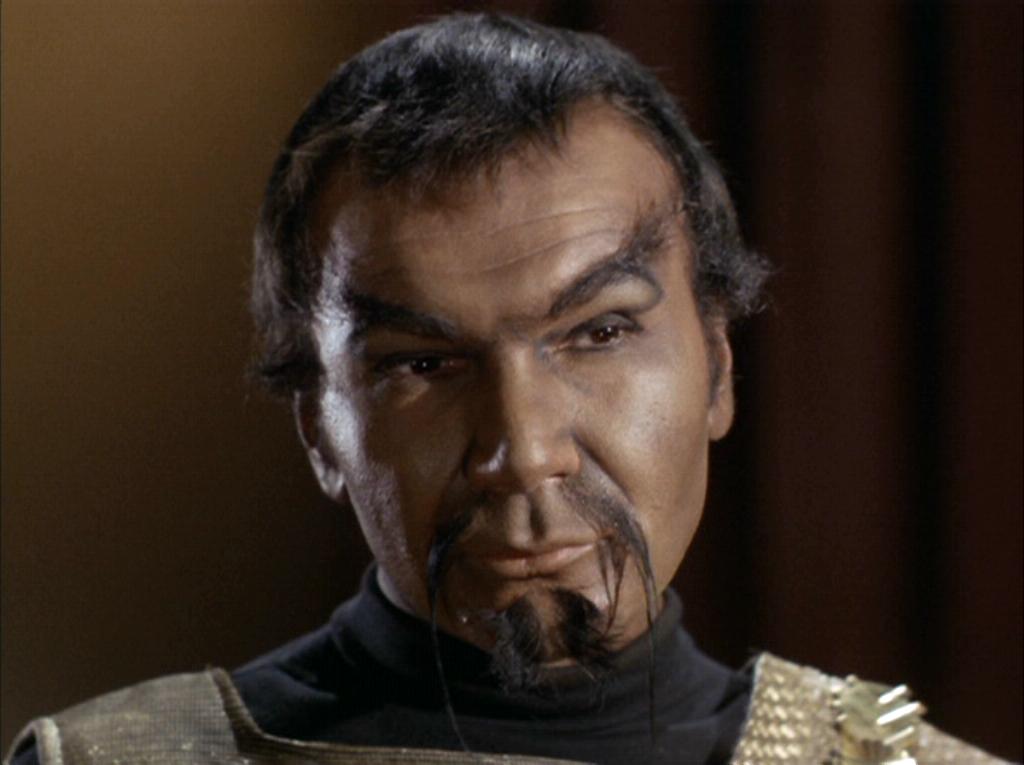My point is that each of the last five "Star Trek" movies has taken place in a different timeline from the one before it. It makes no sense to criticize the "Star Trek XI" writers for this, when it has already been going on in the four previous films (whether the writers were aware of it or not).
True. But....each of these went forward into an
unknown future. This film leads to the
known future. Having a different timeline will mean that the Kirk, Spock et al. and the adventures they had in three years of TOS and then the movie years (not to mention TNG, DS9, VOY) will all be negated in favor of a different timeline.
I think you're making assumptions about the plot of this film, and how it will end.
As I understand it, the Spock in this film is the same Spock that you've known for 40 years. All the episodes you've seen are the experiences and memories of the Spock in "Star Trek XI."
And just because the future is unknown at the end of a movie does not mean that it isn't an alternate timeline. At the end of "Star Trek: First Contact" they returned to an "unknown" future after changing the past twice, but we later saw that future in "Star Trek: Enterprise" and "Star Trek: Insurrection."
The future is only "unknown" until the next episode. Then any alternate timeline created in the previous episode continues in the next episode. (e.g., Admiral Janeway altered the past of the "known" future in Voyager's "Endgame," and then the Admiral Janeway of that altered timeline appeared in "Star Trek: Nemesis," which was clearly set in that same alternate timeline.)
So, assuming "Star Trek XI" concludes with a stable alternate timeline, the crew will once again be going into an "unknown" future until the next movie, at which time the future will be known, just like "Star Trek: First Contact" concluded with the Enterprise-E going into an unknown future after changing the past timeline.
Unless you think that during a commercial break in the episode "Metamorphosis" Zefram Cochrane was telling Captain Kirk about the time the Borg attacked him, everything after "Star Trek: First Contact," including "ST: Insurrection," all of "Enterprise" and the last few years of "Voyager," took place in a different timeline than the original series. However, by the end of "Star Trek: First Contact," they had cleaned up the timeline enough so that the future they returned to was
almost the same as the one they remembered, except in that future, Cochrane had survived the Borg attack, flew his first warp flight with Riker and LaForge, and knew the name of the starship Enterprise, and Borg wreckage would be found on Earth a century later.
If Spock cleans up the timeline altered by Nero in "Star Trek XI," so that Kirk becomes the captain of the Enterprise, and has the same crew and the same five-year mission, then it will be
exactly the same as what Picard did in "First Contact" -- he can pat himself on the back for saving the universe, then go home to a future timeline that is
almost the same as the one he left.
Creating new timelines does not "erase" other timelines -- it just introduces new historical facts into the alternate timeline that contradict facts from the other timeline. (In "Yesterday's Enterprise," Yar was alive, and the Federation was at war with the Klingons, but in the alternate timeline created at the end of that episode, Yar was dead, and the Klingons were allies. Both timelines are real; the Enterprise-D crew in the alternate timeline later met the half-Romulan daughter of the Yar from the original timeline.)
As someone who has invested almost 40 years in the franchise, I hate to see that happen for the convenience of writing stories unfettered by that history in hopes of attracting new fans that (odds are) will not appear.
Time travel stories have always been unfettered by history. That's the whole point of time travel. If Spock had gone back in time just to stand around and watch everything work out just the way he remembered it, what would be the point of that?
Time travel in "Star Trek" has always resulted in alternate timelines that are different from what characters remember, from "The City on the Edge of Forever" to TNG's "Yesterday's Enterprise" to DS9's "The Visitor" to "Voyager's" "Timeless" and "Endgame," and a dozen other episodes and movies.
When you saw the sun explode in "Star Trek Generations" and the whole Enterprise-D crew died, were you outraged that Picard and Kirk created an alternate timeline where that didn't happen? After you invested more than 10 minutes in watching the history of that timeline, and they just went and created a whole new timeline? The only difference between "Generations" and "Star Trek XI" is that Picard went back in time 10 minutes to create a new timeline, and Spock is going back 130 years to create a new timeline. Other than the amount of time traveled, the effect is the same.









